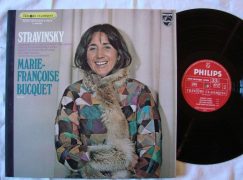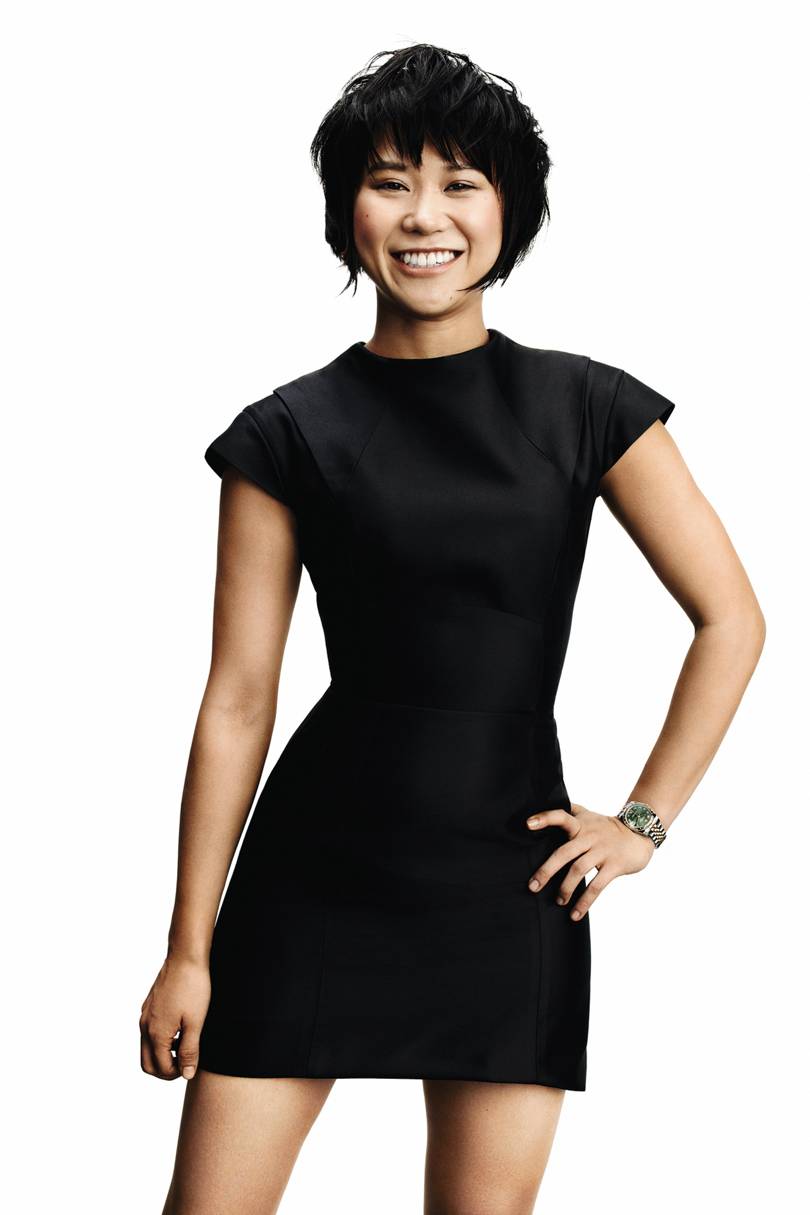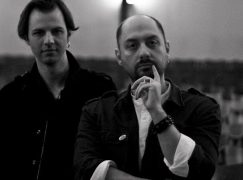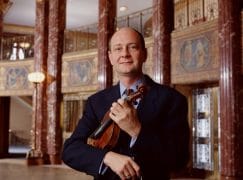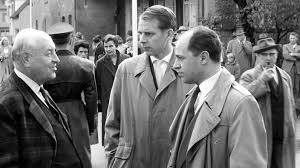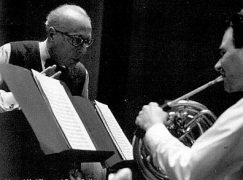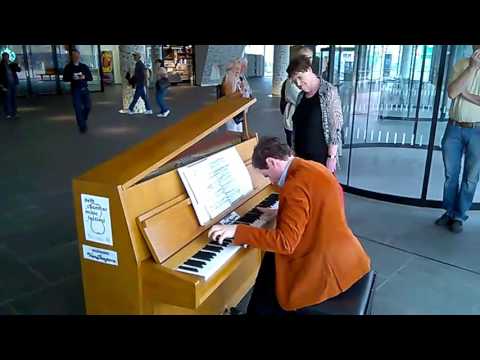For decades, the Donaueschingen Festival (Donaueschinger Musiktage) has stood not only for new sounds, but also for new ideas and discourses, including controversial ones. Whether dealing with world politics or cultural policy, with globalization or equal opportunities in the music industry, there were generally no taboo topics.
Not in the past, at least; for I was recently forced to acknowledge that there are evidently some restrictions after all. I shared my ideas for a possible new orchestral work with the festival’s artistic director, Björn Gottstein, and asked if he might be interested in taking on the project. As well as outlining some of its anticipated sonic features, I explained that I was intending to make the piece part of my cycle on the Gaza Strip, which deals specifically with the three-week military offensive by Israel between December 2008 and January 2009 and uses documentary material, namely the testimony of an Israeli soldier who participated in the offensive.
After some time for reflection Mr Gottstein finally sent me his response on 16 July, in which he stated that he would rather give other composers a chance, as I had already been featured on the programme in 2016. I was certainly aware of this, and knew that it was an entirely fair argument. My understanding came to an abrupt end, however, when I read the next point: he told me in the clearest possible terms that although he gave composers a free hand in their use of political content, he would not tolerate any criticism of Israel at the festival and would prevent the appearance of any piece on the programme that contained such criticism. (Mr Gottstein expressly denied authorisation to publish the exact words of his statement.)
Though written in a private context, these words were an unambiguous policy statement by a public broadcaster. Mr Gottstein did not respond to my reply, sent the same day, in which I questioned this policy, and he reaffirmed it during a personal encounter on 18 July. It is nothing new that criticizing the state of Israel is a very uncomfortable matter for many in Germany, and that the burden of past German crimes often leads to the view that condemning present injustices is not appropriate in the case of Israel, at least not in Germany. Nor is it news that political pressure is exerted to suppress the topic, as was recently in evidence at the Ruhrtriennale festival.
But I consider it unacceptable for a public debate to be prevented by censorship, whatever the issue. As an employee of a public broadcaster, Mr Gottstein should not be in a position to prevent discussion of a particular topic due to his own personal convictions. Naturally curators can decide which projects they consider productive or interesting; but this is not a matter of one particular project or one particular person, for Gottstein’s words constitute an absolute ban that applies to any and all composers who might be interested in addressing this subject. I and my colleagues listed below believe that this cannot be tolerated. We believe that art must be a forum for the free exchange of ideas and reject every form of censorship.
Wieland Hoban
Composer and translator
Signatories:
Alejandro T. Acierto, sound artist and performer
Jack Adler-McKean, tubist
Patrícia Sucena de Almeida, composer
Udi Aloni, filmmaker
Pedro Alvarez, composer
Samuel Andreyev, composer
Pavlos Antoniadis, pianist and musicologist
Avshalom Ariel, composer and producer
Jessica Aszodi, soprano
Derek Ball, composer
Daphna Baram, comedian and director of the Israeli Committee Against House Demolitions
Mark Barden, composer
Ronnie Barkan, Israeli dissident
Richard Barrett, composer
Bernardo Barros, composer
Jeanie Barton, singer and composer
Günther Basmann, musician and music therapist
Rolf Becker, actor and trade unionist
Maarten Beirens, musicologist
Esther Bejarano, musician and anti-fascist
Avi Berg, artist
Alberto Bernal, composer
Susan Blackwell, lecturer in linguistics
Philipp Blume, composer
Santiago Bogacz, composer
Dante Boon, composer
Mark Braverman, theologian and peace activist
Andreas Bräutigam, violinist
Haim Bresheeth, filmmaker, photographer and film scholar
Seth Brodsky, musicologist
Samuel Cedillo, composer
Carolyn Chen, composer
Noam Chomsky, linguist and author
Amy Cimini, musicologist
Rhona Clarke, composer
Siobhán Cleary, composer
Anne E. Cooper, poet, photographer and writer
Glenn Cornett, arts venue owner and composer
Nico Couck, guitarist
Frederik Croene, composer
Vincent Daoud, saxophonist
Raymond Deane, composer
Louis d’Heudieres, composer
Bill Dietz, composer and writer
Laurence Dreyfus, musician and musicologist
Henk van Driel, musician and painter
Jason Eckardt, composer
Dietrich Eichmann, composer
Thomas Eisner, violinist
Nancy Elan, violinist
Hajdi Elzeser, pianist
James Erber, composer
Turgut Erçetin, composer
Marc Estrin, novelist
Ray Evanoff, composer
John Fallas, writer and musicologist
Brandon Farnsworth, curator and musicologist
Tobias Faßhauer, musicologist
Amanda Feery, composer
Dror Feiler, composer
Gordon Fellman, sociologist
Mikail Fernstrom, composer and artist
Norman G. Finkelstein, author and political scientist
Michael Finnissy, composer
Sylvia Finzi, visual and sound artist
Mark Fitzgerald, musicologist
Heather Frasch, composer
Michael Gallope, musician and musicologist
Stephen Gardner, composer
Annie Garlid, violist and musicologist
Amit Gilutz, composer
Sumanth Gopinath, musicologist
Orlando Gough, composer
Annette Groth, sociologist, journalist and former German MP
Bnaya Halperin-Kaddari, composer
Mena Mark Hanna, musicologist and composer
Sam Hayden, composer
Iris Hefets, psychoanalyst and author, head of Jewish Voice for Peace Germany
Honor Heffernan, singer and actor
Björn Heile, musicologist
Dré Hočevar, composer and performer
Aaron Holloway-Nahum, composer and conductor
Mehdi Hosseini, composer and festival director
Julia Huizenga, painter
Martin Iddon, composer and musicologist
Erik Janson, composer
Graeme Jennings, violinist
Jewish Voice for Peace Germany
Fergus Johnston, composer
Seth Josel, guitarist
Georg Karger, double bassist
Dominik Karski, composer
Seth Kim-Cohen, writer and musician
Naveen Kishore, publisher
Leo van der Kleij, photographer and visual artist
Axel Klein, musicologist
Trevor Knight, composer, musician and actor
Mark Knoop, pianist
Martyna Kosecka, composer and conductor
Uday Krishnakumar, composer
Clara Latham, composer and musicologist
Michael Leslie, pianist
Les Levidow, musician and academic
Divina Levrini, musician and peace activist
Liza Lim, composer
Adi Liraz, interdisciplinary and performance artist
Peter van Loon, music machine builder
Michelle Lou, composer and sound artist
Ryszard Lubieniecki, composer and accordionist
Julien Malaussena, composer
Irmi Maunu-Kocian, arts administrator
Clint McCallum, composer and performer
Timothy McCormack, composer
Savas Michael-Matsas, writer
Cornelia Mitter, graphic artist
Idin Samimi Mofakham, composer, performer and festival director
Ryan Muncy, saxophonist
Max Murray, composer and tubist
Vidyanand Nanjundiah, biologist
Jan Nederlof, painter
Lewis J. Nielson, composer
Andrew Noble, composer
Laudan Nooshin, musicologist
Keith O’Brien, composer
Anne-Marie O’Farrell, composer
Jonathan Ofir, violinist and conductor
Ian Pace, pianist and musicologist
João Pais, engraver, performer and composer
Joan Arnau Pàmies, composer
Ilan Pappé, historian
Yoav Pasovsky, composer
Hadas Pe’ery, composer and sound artist
Stefan Pohlit, composer and ethnomusicologist
Mauricio Pauly, composer
Marek Poliks, composer
Ian Power, composer
Alwynne Pritchard, composer, performer and curator
Stephanie Reiss, physicist
Heather Roche, clarinettist
Sara Roy, political economist and author
Matthew Rubenstein, pianist
Rhian Samuel, composer
Carlos Sandoval, composer
Ruben Mattia Santorsa, guitarist
Maximilian Sauer, sound director
Fabienne Séveillac, mezzo-soprano and artistic director
Richard Scott, composer
Avi Shlaim, historian
Alexander Sigman, composer
Jurgen Simpson, composer
Adrian Smith, musicologist
Nirit Sommerfeld, singer
Aureliana Sorrento, journalist
Michael Spencer, composer
Gavin Steingo, musicologist
Lester St. Louis, cellist and composer
Sarah Streatfeild, violinist
Tom Suárez, violinist, composer and author
Alex Temple, composer
Alice Teyssier, flutist and soprano
Marcelo Toledo, composer
Peter Tregear, musicologist and performer
Pilgrim Tucker, community organiser
Tanya Ury, artist, writer, poet and activist
Ine Vanoeveren, flutist
Jackie Walker, political activist
Fredrik Wallberg, composer
Naomi Waltham-Smith, musicologist
Roger Waters, musician and activist
Barbara Balba Weber, lecturer for music outreach
Ian Wellens, musicologist and festival organiser
Ian Willcock, composer
Rachel Beckles Wilson, musicologist
Jeremy Woodruff, composer
Seth Parker Woods, cellist
Claudius von Wrochem, cellist and music outreach practitioner
Ahmad Yacoub, electrical engineer
Arash Yazdani, composer and conductor
Franck Yeznikian, composer
Somaye Zadeh, musician and poet
Slavoj Žižek, philosopher
Moshe Zuckermann, historian

